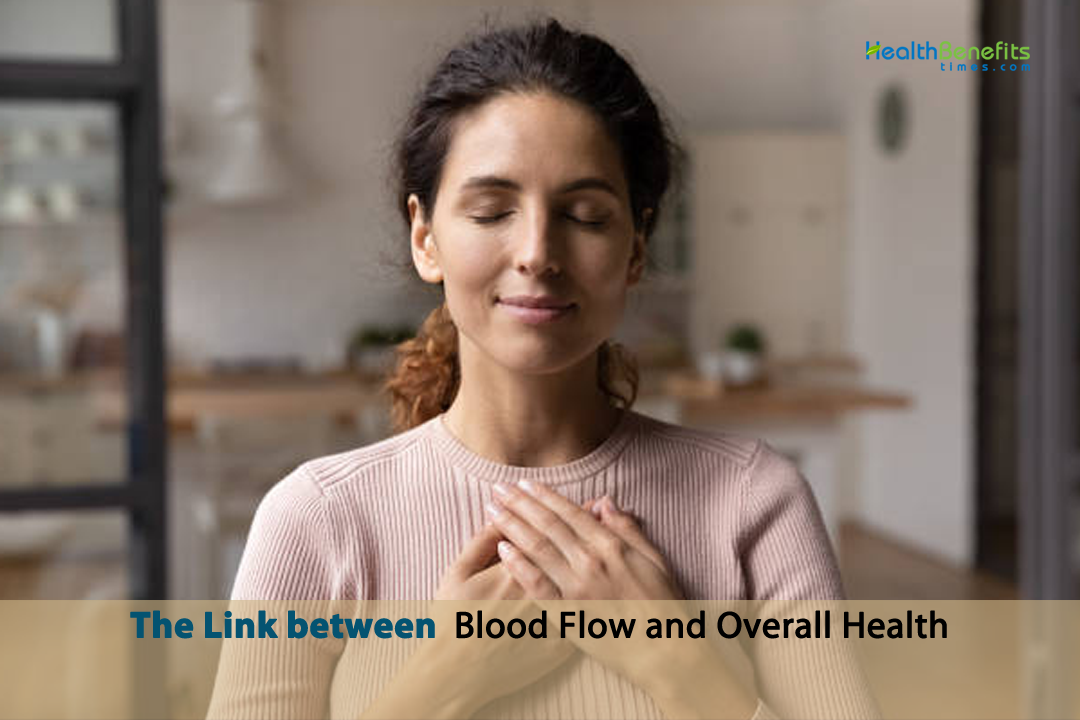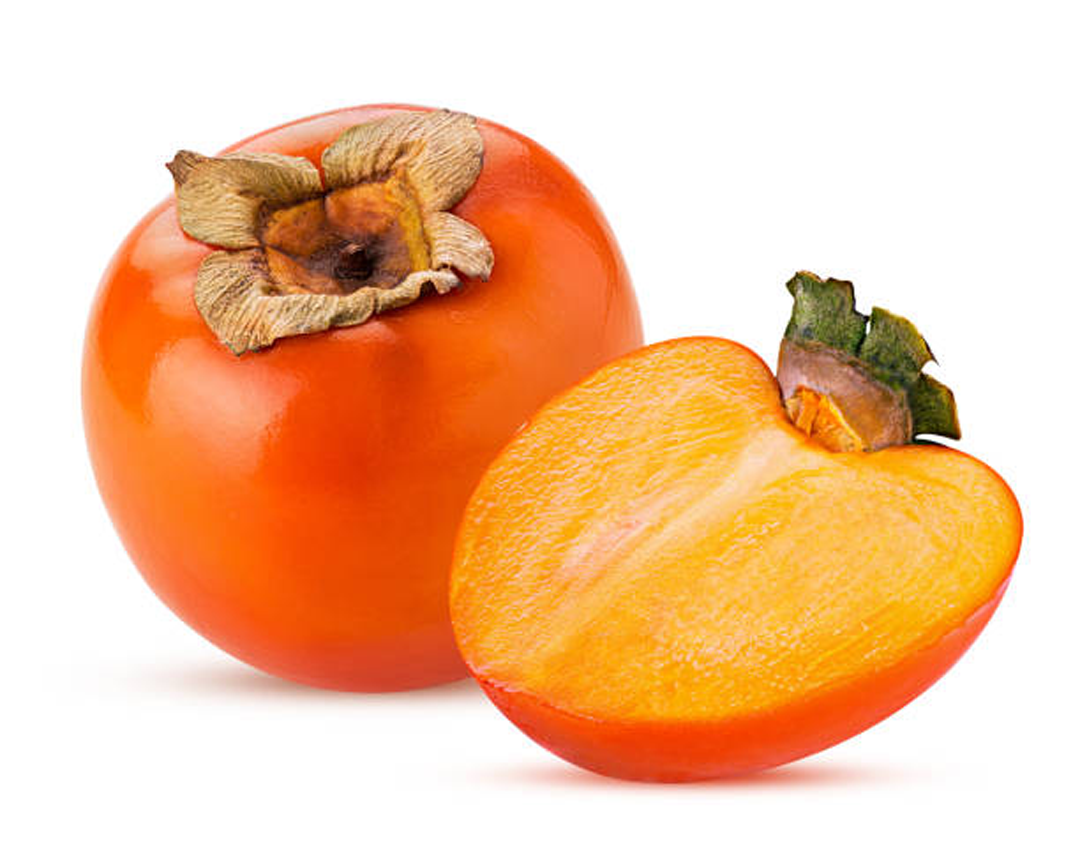
To reduce the risk of deep vein thrombosis (DVT) while on a long-haul flight, the American College of Chest Physicians suggests choosing an aisle seat as it allows people to move around more easily, stretch their legs, and stay hydrated. In contrast, window seats may make it harder to move around, increasing the risk of DVT. Furthermore, pollutants from car exhaust, factories, and wood-burning stoves can damage the inner lining of arteries, causing blockages. Therefore, it’s advisable to avoid exercising during rush hour or on busy roads and opt for parks and the countryside where the air is cleaner.
Herbal remedies like garlic, ginkgo, and grape seed extract may also help keep blood vessels healthy, but they should be used with caution and only after consulting a doctor. Vitamin C, found in exotic fruits like persimmons and papayas, can improve blood flow and artery function. Alternatively, tomato extract supplement, Fruit Flow, may assist in stopping the formation of blood clots, but it’s vital to consult a doctor before taking it, especially if one is undergoing treatment for a health issue.
Select a seat beside the aisle
On a long-haul trip, a window seat can give you a fantastic view, but it may also make you more likely to get deep vein thrombosis (DVT), which is when blood clots form in the legs. If these clots move through the bloodstream, they can stop blood from getting to the lungs. This is called pulmonary embolism, and it can kill you. Choosing a window seat might make it hard to move around, which is one of the main reasons why people have DVT. New guidelines from the American College of Chest Physicians say that people who are more likely to get DVT should choose an aisle seat on flights that last six hours or more. By picking an aisle seat, people can walk around more easily, stretch their legs, and drink plenty of water to lower their risk of DVT. Choosing the proper seat on a flight can be a simple but effective method to lower the risk of DVT when traveling.
Avoid running in the road
To keep your heart and blood vessels healthy, you must be physically active. But it’s important to think about when and where you exercise because that might also have a big effect. Pollutants from things like car exhaust, factories, and wood-burning stoves can damage the inner lining of arteries, which can slow or stop the flow of blood. In fact, pollution’s impacts on artery health can be seen in as little as a few hours. If you want to be active, you should aim to stay away from rush hour and busy roads, especially when cycling or jogging. Most of the time, the air in parks and the country is better and better for your arteries. By taking easy efforts to limit your exposure to dangerous pollutants while exercising, you can help improve your heart health and general wellness.
Get herbal assistance
There are a number of herbal medicines that may help keep blood vessels healthy. But you should only use one herbal cure at a time. Here are some herbal medicines and how much of them you should take:
- Garlic: Take one to three 300 mg pills or 900 mg of fresh garlic every day to keep your arteries from getting too hard.
- Ginkgo: Putting 15 drops of ginkgo tincture in a glass of water every day may help maintain your veins strong and keep your arteries from getting rigid.
- Grape seed and grape leaves: Taking one 30mg capsule of grape seed extract every day will strengthen your veins and help avoid varicose veins and hemorrhoids. (piles). You can also get similar health benefits from eating grapevine leaves on a daily basis.
It’s crucial to keep in mind that herbal remedies should be used with care and only after talking to a doctor, especially if you already have a health problem or are taking medicine. Herbal therapies may have some benefits, but they shouldn’t be used as the only way to cure or manage health problems.
Get a tasty tropical treat

Persimmons and papayas are exotic fruits that are strong sources of vitamin C, a powerful antioxidant that helps improve blood flow and possibly even repair damage caused by clogged and restricted arteries. In a US study on people with heart disease, vitamin C was discovered to make the arteries work better by making them able to open and let more blood through. You can eat fruits that are high in vitamin C by adding them to fruit salads, eating them with cereal, or just eating them by themselves. But if you can’t find these exotic fruits in your local grocery store, you may still receive a lot of vitamin C from strawberries, oranges, black currants, broccoli, kale, red peppers, and many other fruits and vegetables. By eating a variety of vitamin C-rich foods every day, you can help keep your blood vessels healthy and improve the health of your heart.
Test out tomato extract
Fruit flow is a supplement made from an extract of ripe tomatoes that is said to assist “smooth” blood platelets and stop the production of dangerous blood clots. The people who make this product say that it doesn’t have any of the adverse effects that are common with other “blood-thinning” drugs like warfarin. If you are prone to deep vein thrombosis (DVT) or blood clots, you might want to try Fruit Flow. But you should always talk to your doctor before taking a new supplement, especially if you are already getting treatment for a health problem. Fruit flow may have some benefits, but it’s vital to make sure it doesn’t mess up any other medicines or therapies you may be taking. Your doctor can help you decide what the best thing to do is and if Fruit Flow is a good choice for you.
Enjoy some chocolate
Having a square of plain or dark chocolate after dinner can make you less likely to get blood clots and even lower your blood pressure. Research shows that eating as little as 6.7g of chocolate every day could reduce the risk of heart disease by up to 19%. This health advantage is especially strong in dark chocolate, which is full of chemical components that can stop LDL (the “bad” cholesterol) from oxidizing, which is a major cause of clogged arteries. Choose chocolate with a lot of cocoa solids if you want to get these health benefits. Even though chocolate has some health benefits, it should be eaten in moderation and as part of a healthy diet. When you eat too much chocolate, especially chocolate that is high in sugar and saturated fats, it might hurt your health. Add a modest amount of dark chocolate to your daily routine for a tasty treat that can be good for your heart.
Consider foam therapy
When it comes to treating varicose veins, foam injections may be speedier than laser surgery. In a research done by Imperial College in London, people who were treated with foam therapy had less pain and were able to get back to their usual lives in just three days, while laser treatment took eight days. If you want to make your varicose veins less painful or unsightly, you might want to talk to your doctor about the option of foam therapy. This non-invasive approach can be an effective way to treat varicose veins while lowering pain and shortening the time it takes to heal. But it’s crucial to remember that the best way to manage your disease will depend on a number of things, such how bad it is and how healthy you are generally. Make sure to regularly visit a vein clinic in Dallas to get professional insights. Your doctor can help you figure out which treatment might be best for you.
Pine for your veins
Pycnogenol is an extract from the bark of the French maritime pine. It has been discovered to help a lot with the symptoms of chronic venous insufficiency (CVI), which is a disorder that often causes leg swelling. In a study done in Italy, 30 people who took Pycnogenol and 10 people who were given a fake drug showed a big difference in how heavy their legs felt, how much their legs swelled, and how much pressure was in their veins. Researchers think that Pycnogenol works by either stabilizing the layer of cells just under the skin or getting rid of free radicals, which are substances that can damage cells. It’s likely that the effectiveness of the supplement comes from a mix of these effects. Pycnogenol can be bought at a lot of drugstores and health food stores. But you should talk to your doctor before taking this product, especially if you already have a health problem or are on other medicines. Even though Pycnogenol might be good for your health in some ways, you need to make sure it is safe and right for you.
Maggots can treat leg ulcers
Many hospitals are now advising maggot debridement therapy for the treatment of infected varicose ulcers, reviving a centuries-old practice. To clean the wound during this procedure, living maggots (fly larvae) are placed inside of a dressing. While still intact, healthy tissue is not consumed by the maggots. In most cases, the dressing is placed on the wound for 24 to 36 hours. Although the concept of utilizing maggots for medical therapy may not be appealing, the majority of people who have had this treatment say that they do not feel any pain. This method, which has shown encouraging results in the treatment of infected varicose ulcers, is gaining popularity in many institutions. The ideal treatment strategy will, however, rely on a number of variables, including the seriousness of your ailment and your general health. The best course of treatment for you can be decided with the assistance of your doctor.

